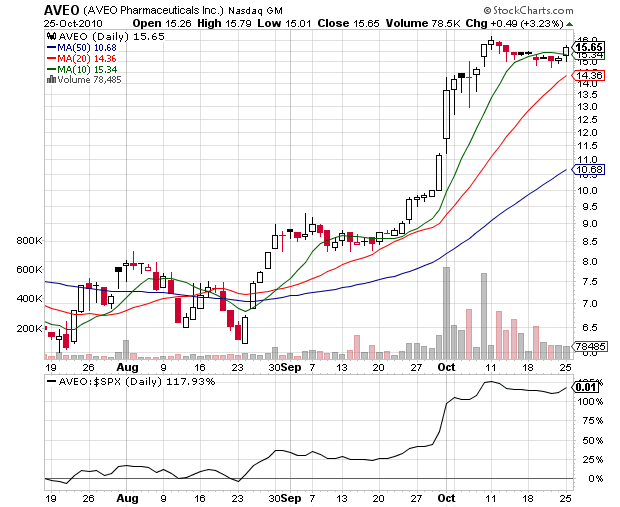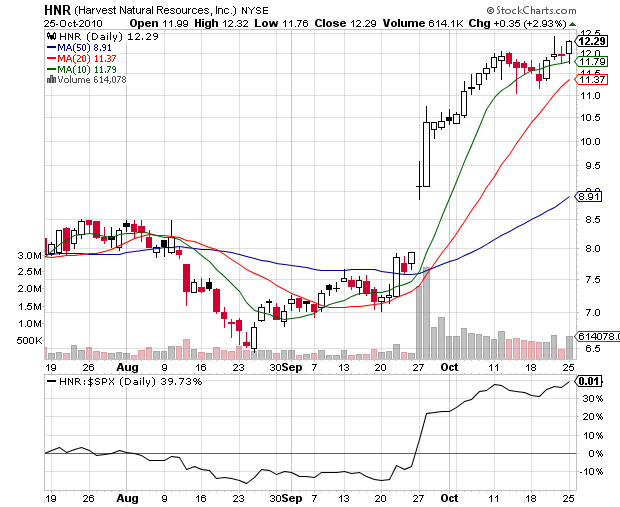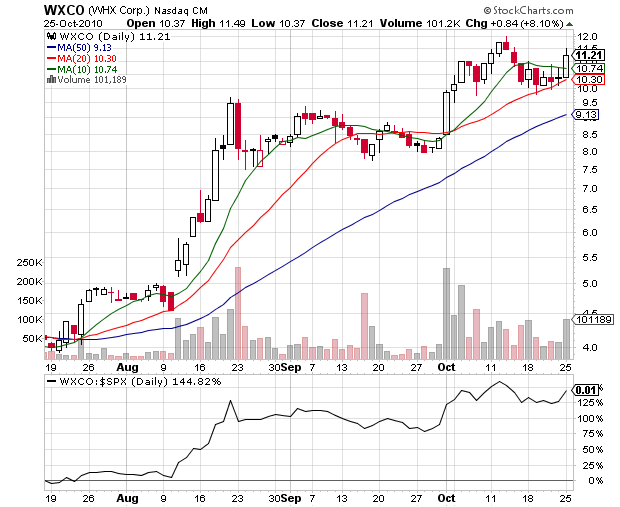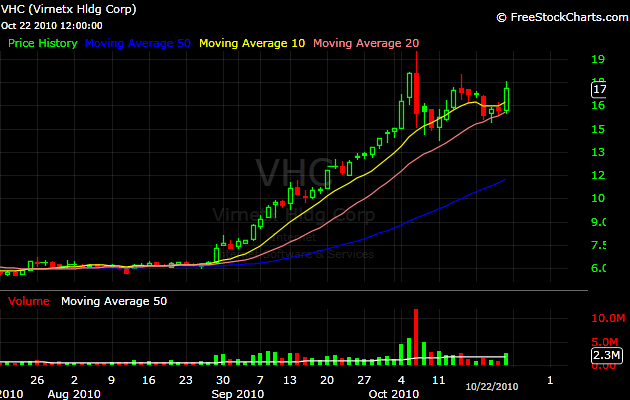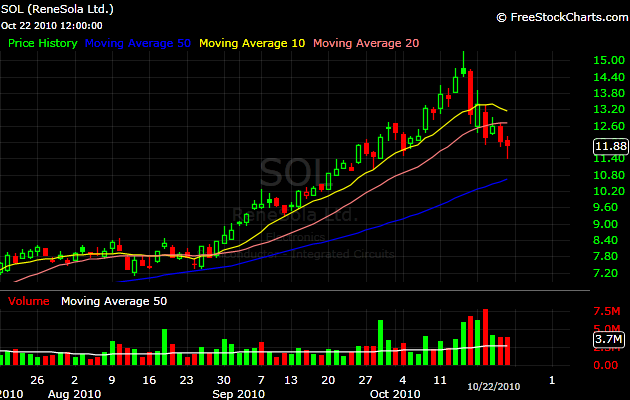A few weeks ago, I received an email from a reader, describing how he is having troubles buying momentum stocks. This is an excerpt from the email:
My question is HOW TO INFLUENCE MYSELF in order to get a little bit in the flow
of MOMENTUM, as well as to try to enter positions @breakout.
Lately the $indu was running almost 12 days consecutive (big momentum) but I
was paralysed. I just looked at it , and could not jump on.
I believe all traders have experienced fear at some point in their career. I am not a psychologist or neurobiologist and therefore I cannot give a professional assesment of the problem, but I could certainly look at it from an experience point of view. I have been there, I have done that and I have my theory that explains the issue.
This is what I answered. Feel free to chime in and share your perspective on the topic.
There is one simple reason why you are afraid to enter breakouts in momentum stocks – You don’t trust this method. You don’t trust it either because you recently had bad experience with it or you don’t have enough experience with it in general. If you don’t feel comfortable with certain approach, then either the approach is not suited for your personality or you haven’t spent enough time learning the approach.
There could be one more reason – your position size might be too big for your risk profile. Just decrease the size of your position until you feel comfortable.
You need to learn to accept losses as part of the game. Everyone has them. Many of the most successful traders are right only 30-40% of the time, but the size of the winners is much bigger than the size of the losers. If you define your loss in advance and accept it, you will feel much more confident in your decision making. For example, let’s assume that you don’t mind that you could lose $500 on a trade. If your buy point is at $45 and your stop is at $40, then you can afford to buy $500:$5 = 100 shares. If the stock declines to $40 and you get stopped, $500 is the max amount that you will lose.
Before you begin to win big, you need to learn to lose the right way. Have an exit plan before you open a position and know where your stop is and why it is there. From there, you could just ride the trend.
